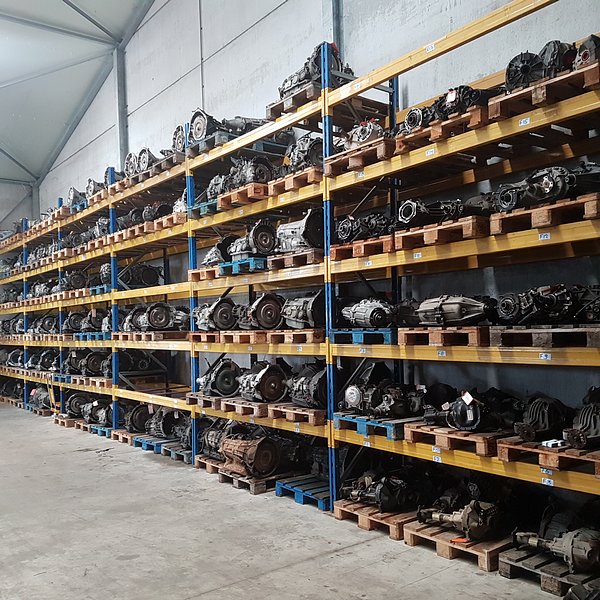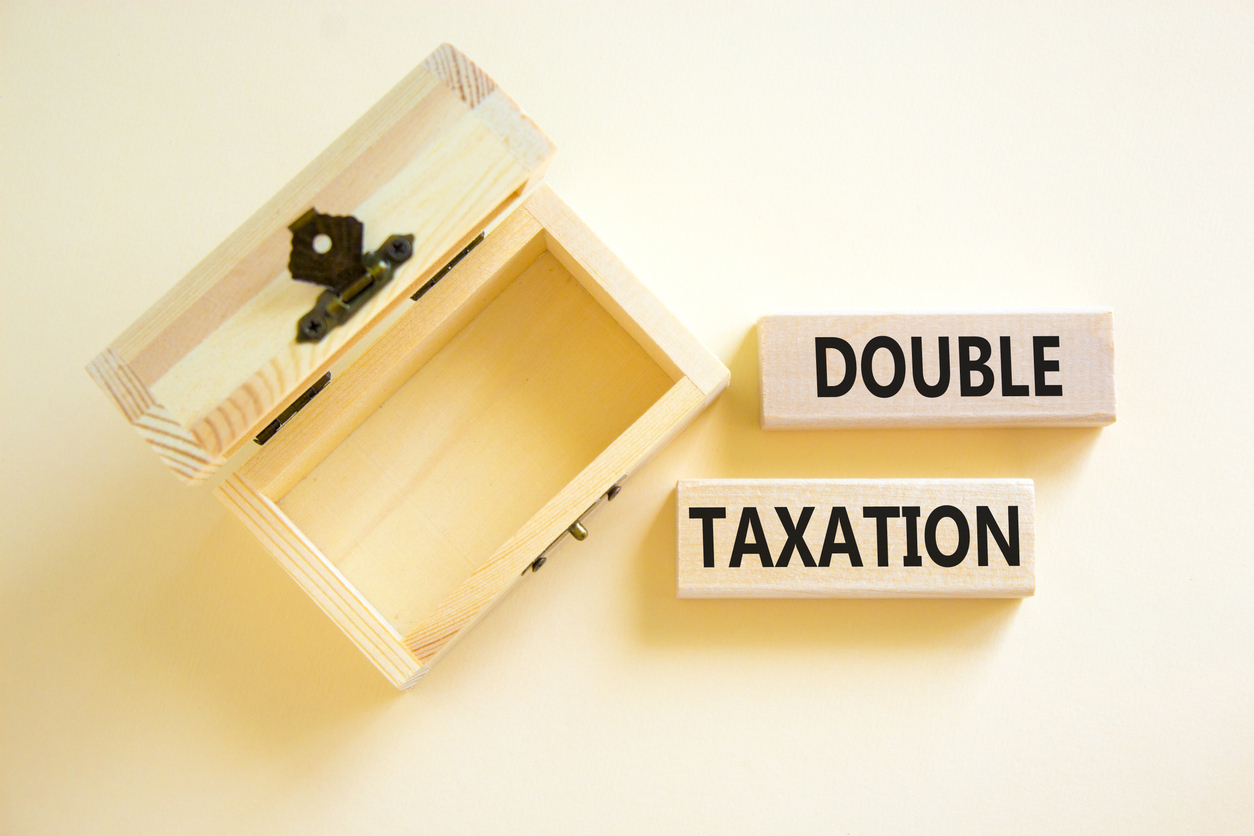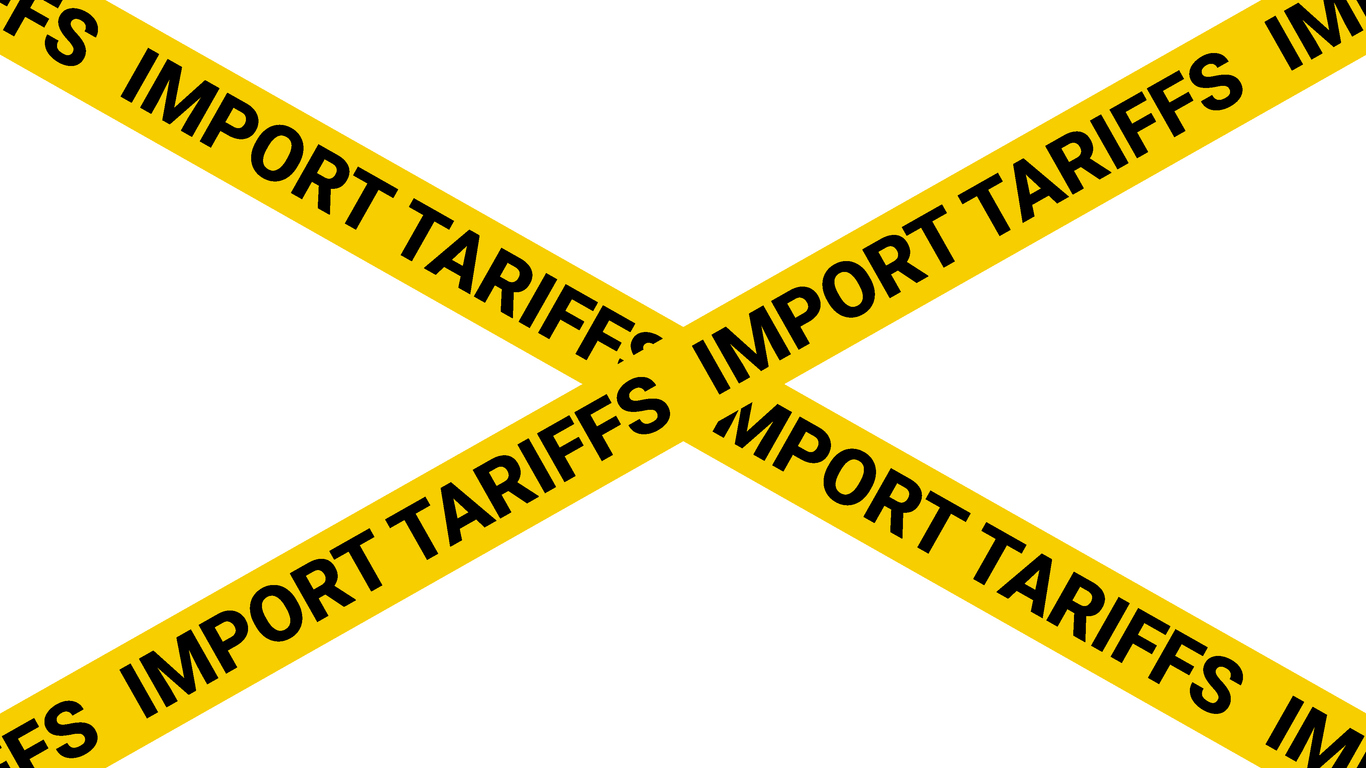How To Export Transmissions From Nigeria: A Guide For Exporters
How To Export Transmissions From Nigeria: A Guide For Exporters
It can be hard to export goods to Nigeria. Though it’s not impossible. There are many things you can do to increase your chances of success, including using the right packaging materials, knowing the correct labeling requirements, and completing the necessary customs paperwork. So before you send anything to Nigeria, it’s important that you know these tips for exporting transmissions from Nigeria to make sure your items will arrive safely and quickly.
Why Does Nigeria Require Different Packaging Materials?
Nigeria requires a specific type of packaging material when shipping items. This is because Nigeria is prone to potential damage from extreme weather and humidity, so the country has developed its own requirements for packing.
In Nigeria, there are two different types of packaging materials you can use: corrugated cardboard and polystyrene foam. These materials are best when shipping goods like food and electronics because they’re more secure and less likely to get damaged.
When shipping goods like clothes and books, you should use polyethylene bags and protective wrapping materials. These materials help protect your goods from humidity and moisture, which can quickly cause damage to your items.
So before you send anything to Nigeria, make sure you know the correct packaging materials to use. If you get this wrong, your goods may never get delivered!
What Labeling Requirements Are There For Items Shipped To Nigeria?
You must include a label on the package with the following information:
-The name and address of the shipper
-The name and address of the consignee
-The word “Export” in English
-The Nigerian Customs Service Symbol
-The value of the goods in Nigeria Naira
-The weight of the goods
-The description of the goods
-The country of origin for the goods
So, if you’re sending an item that weighs 100 lbs. and has a value of $500, your label would include:
-Your name and address as the shipper
-The Nigerian Customs Service Symbol
-100lbs. and $500 in Nigeria Naira
-A description of the good (i.e. TV)
What Customs Paperwork Must You Complete When Shipping To Nigeria?
One of the most important things you need to do is complete the customs paperwork that is specific to Nigeria.
Nigeria has strict import rules, so it’s important to know what you need to have in order to get your products approved for import.
Of course, you will need a completed General Declaration Form, but there are a few other customs documents that you will need as well.
One of these is a NAFTA Certificate of Origin. If you are exporting from the United States to Nigeria, you will need this document because it verifies that the products you are exporting are not made in a country that is not listed in NAFTA.
Another customs document you’ll need is a Certificate of Origin for Brazil-Nigeria Free Trade Agreement. This document verifies that the goods you are shipping from Brazil to Nigeria are manufactured in Brazil and not in Nigeria.
You may also need a certificate of origin for North African Countries. This document makes it legal for goods made outside of that region to enter Nigeria.
The Standardized Import Form is another customs document that might be needed, depending on the type of item you are importing. Each form has different requirements, so it’s important to read up on all of them.
How To Ship Transmissions From Nigeria
You can’t just ship anything to Nigeria. You need to know the rules and follow the proper procedure. Whether it’s your first time shipping goods to Nigeria or you’re an old pro, it’s important to know the ins and outs of the process.
To begin with, you need to know what kind of labels you need for your goods. Labels are important because they tell customs officials what your goods are and what duties they will be paying. They also specify what each product is, who it belongs to, and how much they value. These labels will help you avoid any unnecessary issues with customs officials and ensure that your goods arrive safely and quickly.
Next, you need to know the proper paperwork and documentation that is required for exporting transmissions from Nigeria. This is where you will find all of the information you need about your shipment, such as the weight and the country of origin. This information will be very useful when it comes time to completing the necessary customs paperwork.
To meet all of these requirements, you should use the right packing materials and packaging solutions so that nothing is damaged during transit. We recommend using a double-walled corrugated box with poly sheeting on all six sides for your shipment. This will protect your
Conclusion
The key to exporting goods to Nigeria is to know what you’re getting into. If you want to export transmissions from Nigeria, for example, you need to know the customs regulations, labeling requirements, and appropriate packaging for your shipment.
Nigeria has a lot of specific regulations for importing goods, so it’s important to know about them before you start your business relationship. You can’t just ship anything there. You need to know the customs rules, the labeling requirements, and any documentation you’ll need to complete.
A little extra research will go a long way, especially when it comes to exporting transmissions from Nigeria. That way, you’ll have an easier time sending your goods there—and getting them back!








LEAVE A COMMENT
You must be logged in to post a comment.